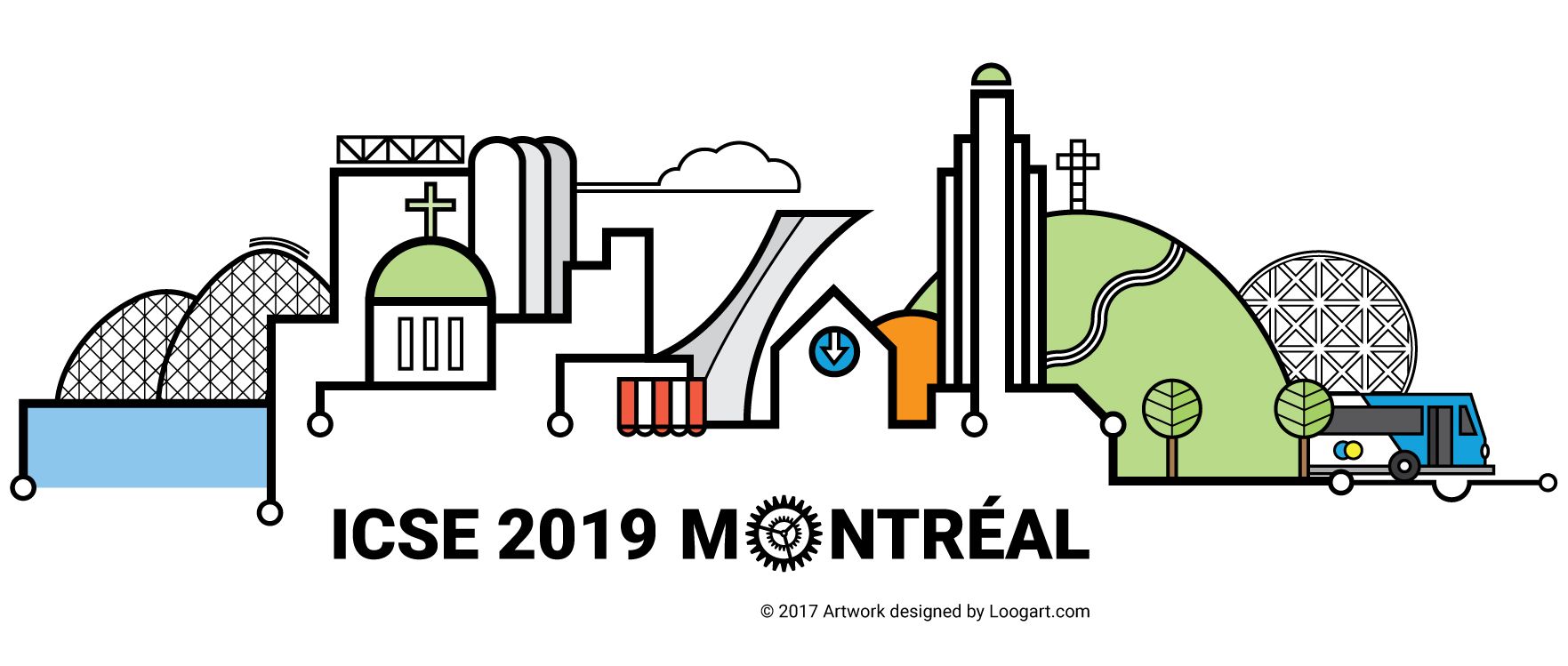Call for Papers as PDF! (klick here)
Workshop Theme and Topics of Interest
Due to their closeness, CESI and SER&IP merged for 2019. Both look into challenges in the cooperation between SE research and industry. Researchers have a view that practitioners are reluctant to share data. Practitioners believe that researchers are mostly working on theoretical challenges. Researchers believe that practitioners are looking for quick fixes to their problems. Practitioners have a view that case studies in research do not represent the complexities of real projects and have doubts in the results produced by research. Hence, empirical studies are necessary to ensure the relevance and applicability of software engineering research. A recent trend is data-driven software development (i.e., software development where development decisions are based on and driven by data from both development time and run time). Building on the results of previous editions of CESI and SER&IP the 2019 edition focuses on investigating the use of data-driven development approaches and how to integrate the gained knowledge and insights from data-driven development with the existing empirical body of knowledge, and how development could complement empirical research or even be supported by empirical research methods.
Topics of interest include, but are not limited to:
- Business models or collaboration models between researchers and practitioners
- Challenges, issues, bottlenecks and gaps in adoption of research
- What industry wants from research and what research wants from industry
- Practical challenges that have potential for research
- Stories and practices from SE research-practice partnerships
- Tools for industry
- Data-driven development approaches used in industry (experience reports)
- Data analytics in service, product and process development and maintenance
- Accessing, sharing, publishing datasets and insights from data analytics
- Integration of empirical research and data-driven development/data analytics
- Integration of results from data analytics and empirical work
- Understanding failures and successes, lessons learned
Paper categories
The joint workshop is soliciting regular and short papers as well as practitioner messages. Regular papers should not exceed 8 pages, short papers should not exceed 4 pages and practitioner messages of two-page extended abstract. Papers and practitioner messages could be describing innovative and mature research results, experience reports, case studies, challenges, problems and solutions, tools, ongoing work, new ideas, new results and future trends. All submissions will be reviewed by three program committee members. The program committee will review all papers for impact, lessons learnt, scale of knowledge/technology transfer, novelty, quality, relevance, and their potential to trigger discussions at the workshop. The selection of practitioner messages will be made to ensure a good mix of views, opinions, experiences and potential to trigger discussions rather than any novelty and quality measures of the practitioner messages.
Papers must describe original work not submitted or presented at other forums. Accepted papers will be published in electronic ICSE proceedings. The official publication date of the workshop proceedings is the date the ICSE proceedings are made available in the ACM Digital Library. This date may be up to two weeks prior to the first day of ICSE 2019. The official publication date affects the deadline for any patent filings related to published work. Papers and abstract should conform to the ICSE submission format and guidelines. Please submit the papers in PDF format on EasyChair at https://easychair.org/conferences/?conf=serip2019
Keynote and Invited Talks
- Keynotes:
- Per Runeson, Lund University, Sweden
- Ahmed Hassan, Queen’s University, Canada
- Andrew Begel, Microsoft Research, USA
- Invited talks: Heiko Koziolek, ABB, Germany
